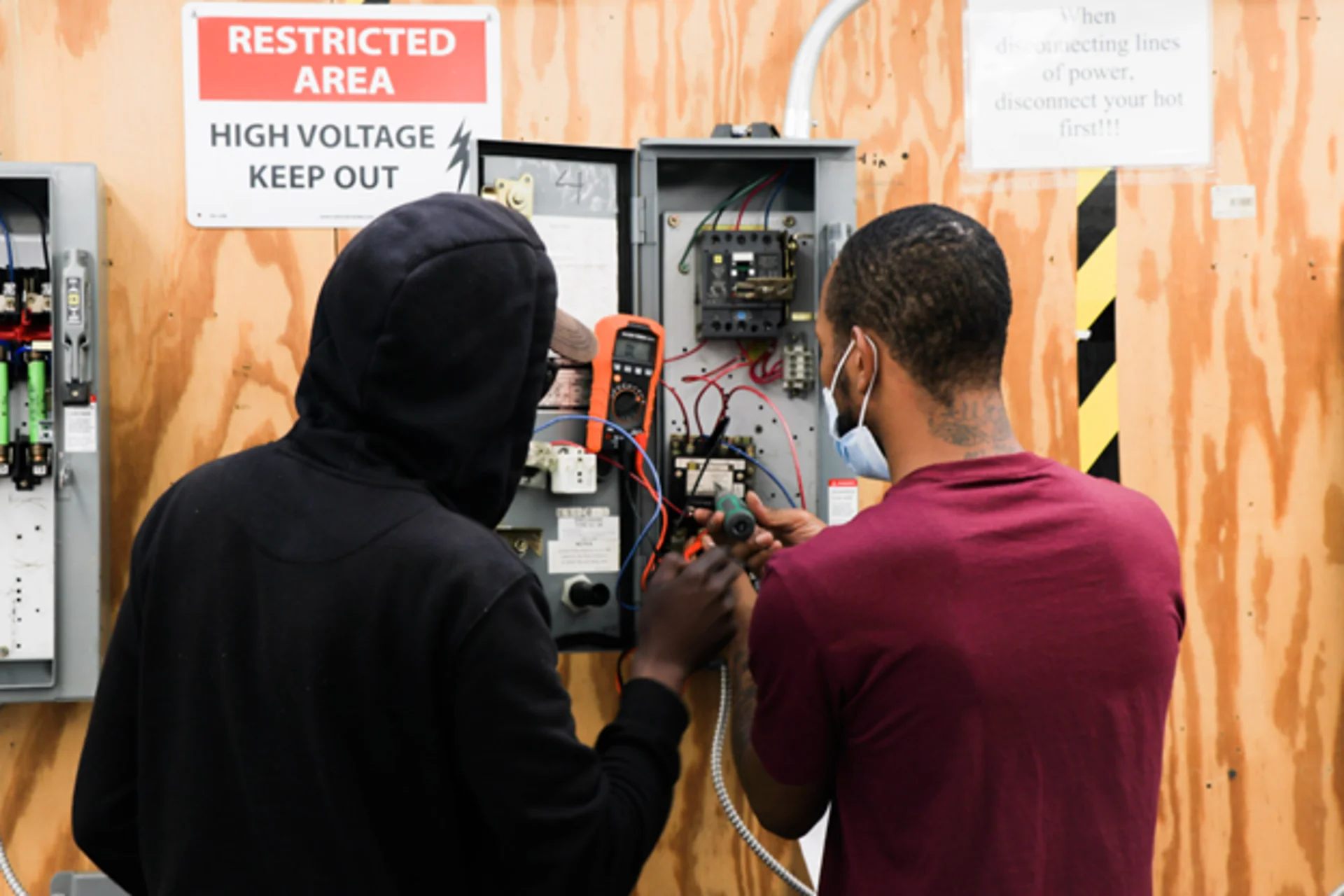Last Updated on August 20, 2024 by admin
The advent of automation in the manufacturing industry has raised concerns regarding the future of traditional roles in the manufacturing industry. The role of the manufacturing technician has drawn the most attention among these as technology is replacing human force in man areas for more efficiency. Now the question arises: Have manufacturing technician jobs become obsolete in the age of automation, or will they adapt to changes and remain proficient in the changing era of skilled trades?
Automation is changing the manufacturing environment, but it doesn’t mean that manufacturing technician jobs will become extinct. Instead, automation is changing the role of manufacturing technicians and the spectrum of topics covered by manufacturing certification programs as the industry demands new skills and abilities.
Automation, including robotics, AI, and machine learning, has significantly changed manufacturing processes. Repetitive operations, which were previously performed by manufacturing technicians, are now performed more quickly, accurately, and efficiently by machines. This has raised worries about employment displacement because technology appears to be invading human domains.
But it’s important to understand that automation is not a threat as human judgment, problem-solving abilities, and intervention are still necessary in many production processes. Furthermore, automation has even led to manufacturing skilled trade jobs in demand, increasing the number of new duties and responsibilities for a skilled trade technician.
Modern manufacturing technicians need to combine digital understanding with traditional training.
This change requires greater technical proficiency and problem-solving skills, but there are also chances for career growth and progress.

Even with automation’s amazing potential, human skill is still required for several elements of manufacturing. It is still the domain of people to do tasks like
Such tasks call for creativity, adaptability, and critical thinking. Furthermore, sustaining a healthy work atmosphere and encouraging creativity depend heavily on human connection. The breadth of expertise and experience that technicians provide is crucial for problem-solving and ongoing development.
The shift to an automated manufacturing environment brings both opportunities and challenges for technicians. On the one hand, they must learn new abilities and adjust to shifting work responsibilities, which necessitates a large training and development budget.
However, because automation frees up technicians from tedious and dangerous jobs, working conditions can actually get better. Additionally, it can increase efficiency and production, opening doors for the industrial industry to flourish.
According to salary.com, as of June 27, 2024, the average income for a Manufacturing Technician in the United States is $48,250; however, the normal salary range is between $41,975 and $56,351. Salary ranges might differ significantly based on a number of significant aspects, such as advanced skills, understanding of latest technology, certifications, and additional skills.
The skills gap must be closed in order to fully take advantage of these opportunities. Manufacturing certification programs and schools must work closely with businesses to create curricula that provide technicians with the skills they need for the future.
Manufacturing technician jobs are still relevant, even though automation is changing the manufacturing sector. Rather, it’s opening up new doors for people who are prepared to change and grow. For a successful career in trades, technicians need to focus on utilizing their respective strengths to establish a more inventive, productive, and efficient industry.
With their extensive subject knowledge and aptitude for problem-solving, manufacturing technicians are a crucial part of this changing aspect of skilled trades. In addition to securing their future, individuals can help the industrial sector flourish by embracing automation and acquiring the required skills. The secret to success is developing a staff that has the knowledge and attitude needed to succeed in a collaborative human-machine setting.
Read More: